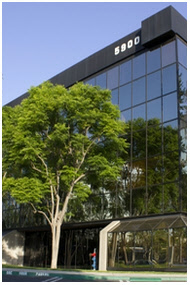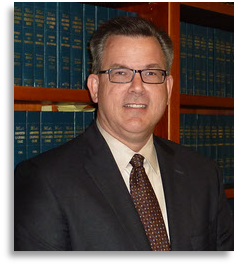
818-
BAKER & ASSOCIATES
Tel: 818-
Fax: 818-
5900 Canoga Avenue
Suite 330
Woodland Hills, CA 91367
Send us an Email






At the Los Angeles, California law firm of Baker & Associates, we represent clients throughout Southern California including the communities of Santa Clarita Valley, Santa Monica, Northridge, Porter Ranch, Simi Valley, Studio City, Encino, Thousand Oaks, Westlake Village and Valencia.
Los Angeles County | Orange County | Ventura County | San Bernardino County | Riverside County
The information you obtain at this site is not, nor is it intended to be, legal advice. You should consult an attorney for individual advice regarding your own situation.
Copyright © 2014 by BAKER & ASSOCIATES. All rights reserved. Disclaimer | Site Map
Site Designed by Valley Lawyer Marketing

 Dean Reeves
Dean Reeves
Phone: (818) 999-
Fax: (818) 999-
Email: Contact Me
Bar Admissions
- California, 1990
Education
- University of Southern California Law School, Los Angeles, California
- California State University -
Northridge
Mr. Reeves graduated, cum laude, from California State University, Northridge, in 1987, with a Bachelor of Arts in Economics. Thereafter, in 1990, Mr. Reeves received his Juris Doctor degree from the University of Southern California Law Center. While at U.S.C., Mr. Reeves served as a member on the Computer Law and Major Tax Planning Journals. Mr. Reeves also served as a judicial extern for the Honorable Judge David V. Kenyon at the United States District Court for the Central District of California.
Mr. Reeves was admitted to the California bar in 1990. He is also admitted to practice before the United States District Court (various districts) and the United States Court of Appeals for the Ninth Circuit. Mr. Reeves has also served on the Board of Managers for the Santa Clarita Valley YMCA since 1995.
Since 1990, Mr. Reeves has represented individuals and businesses in state and federal trial and appellate courts, arbitration proceedings, and before various administrative agencies.
“Victories”
In a court trial before the Orange County Superior Court, Mr. Reeves obtained a judgment in favor of his client, a pest control operator, in a case arising from the purchase and sale of a single family home, where the buyer had sued seeking damages for a number of alleged defects, including termite damage, in the home that the buyer claimed were not disclosed prior to purchase.
After defeating a motion for summary adjudication, Mr. Reeves successfully defended
the lower court’s decision on appeal. Mr. Reeves represented a business owner that
had sold his business, but took the business back through a strict foreclosure process
after the buyer had defaulted on payment obligations to the owner. The bank that
had loaned money to the buyer sought to impose these loan obligations on the owner
when he foreclosed on the business. The Court of Appeals upheld the denial of the
bank’s summary adjudication motion, finding that the strict foreclosure process undertaken
by the owner pursuant to the Commercial Code, extinguished the debt held by the bank,
and that the owner did not re-
Representing doctors who were tenants in a medical office building, Mr. Reeves prevailed on a motion for summary judgment in a case arising from personal injuries sustained by one on the doctor’s patients in the common area of the building. The court found that the doctors’ owed no duty to maintain or control the common areas and thus were not liable for the plaintiff’s injuries.
In a wrongful death case, Mr. Reeves represented a private ambulance company that arrived on the scene where the decedent had collapsed while playing volleyball. The emergency personal from the ambulance company were unable to revive the decedent with their defibulator due to batteries that were not charged. The city fire department, who arrived later, were also unable to revive the decedent. In its motion for summary judgment the ambulance company argued that prior to contact, it did not owe a duty of care to the decedent. The court agreed and the motion for summary judgment was granted.